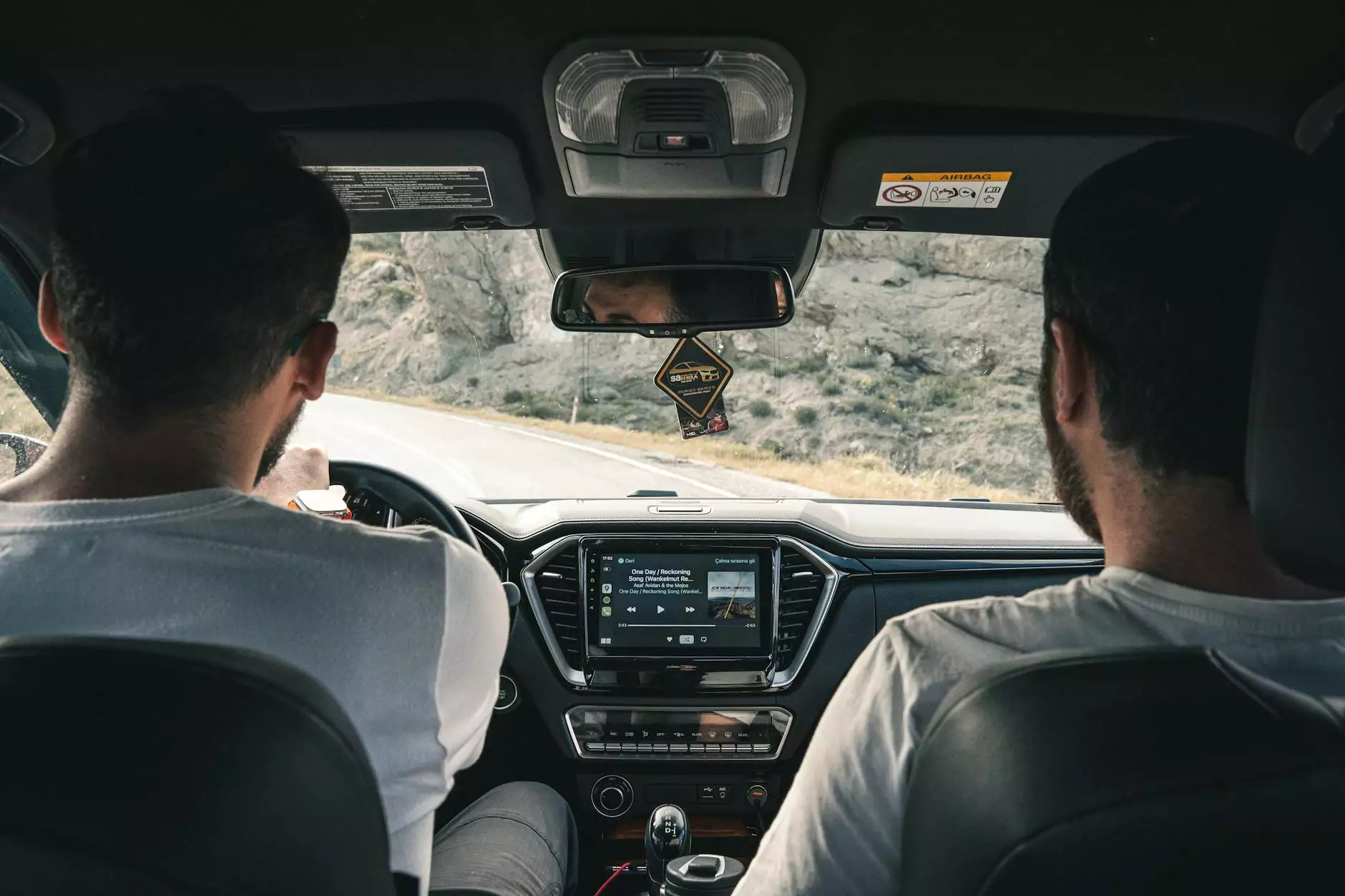The Importance of CCTV Body Cameras in Pet Services and Veterinary Practices

In today's fast-paced world, safety, security, and transparency are paramount, particularly in industries that deal with vulnerable beings such as pets. One of the innovative tools that have revolutionized the way these services operate is the cctv body camera. These devices not only bolster security but also ensure ethical treatment within various pet-related environments, including pet services, veterinarians, and animal shelters.
Understanding CCTV Body Cameras
A cctv body camera is a compact recording device worn on the body, enabling real-time video capture of interactions and events as they happen. These cameras have gained traction in various sectors due to their ability to provide firsthand documentation of events, thereby enhancing accountability. But how do they specifically benefit businesses in the pet services sector?
The Role of CCTV Body Cameras in Pet Services
Pet services encompass a wide range of activities including grooming, boarding, and day-care services for pets. Below are a few key ways that cctv body cameras can enhance operations in this sector:
- Improved Animal Welfare: With regular monitoring, staff can ensure that pets are treated with kindness and respect. This helps in identifying any cases of neglect or mistreatment, ensuring that all animals receive the care they deserve.
- Client Trust: Pet owners want to know their beloved companions are safe. By employing cctv body cameras, pet service providers can offer reassurances that pets are being well cared for, enhancing customer trust and brand loyalty.
- Staff Accountability: These cameras can serve as a powerful tool to monitor staff interactions, ensuring that policies are followed, and providing evidence in case of disputes.
- Training and Development: Recorded footage can be utilized for training staff, showcasing best practices, and identifying areas for improvement.
The Essential Benefits of CCTV Body Cameras in Veterinary Practices
In veterinary clinics, cctv body cameras play an invaluable role in various capacities:
- Enhancing Security: With increased instances of theft and vandalism, having body cameras ensures that both the staff and the premises are secure, creating a safer environment for both animals and employees.
- Documenting Procedures: In a veterinary setting, it’s crucial to document procedures and interactions for legal and medical reasons. A cctv body camera provides indisputable evidence of the care an animal has received.
- Improving Client Communication: Veterinarians can refer to recorded footage during consultations with pet owners, which allows for better explanations regarding diagnoses and treatment plans.
- Regulatory Compliance: Veterinary practices are required to meet specific regulatory standards. Body cameras can assist in ensuring these standards are met consistently.
Enhancing Operations in Animal Shelters with CCTV Body Cameras
Animal shelters are often in the spotlight regarding animal welfare. The ethical operation of shelters is critical, and cctv body cameras can help ensure this:
- Monitoring Interactions: Body cameras can monitor volunteer and staff interactions with animals, ensuring that all animals are treated well and that protocols are followed.
- Fostering Transparency: Footage can be used to keep the public informed about the conditions within the shelter and how funds are being utilized, thereby building community trust.
- Evidence for Adoption Processes: By documenting the behaviors and conditions of animals, shelters can provide potential adopters with the information they need to make informed decisions.
- Preventing Animal Abuse: In unfortunate cases where abuse might occur, having footage can lead to quicker investigations and interventions, ensuring the animals' safety.
Choosing the Right CCTV Body Camera
When selecting cctv body cameras for pet services, veterinary practices, or animal shelters, there are several features you should consider:
- Video Quality: High-definition video quality (1080p or above) ensures that the recorded footage is clear and detailed.
- Battery Life: Look for cameras with long battery life to ensure they can be operational throughout the day.
- Storage Capacity: Ensure the camera has ample storage or cloud capabilities to save the recorded footage securely.
- Ease of Use: The cameras should be user-friendly, allowing staff to operate them without complications.
- Durability: Given the pet environment, making sure that the cameras are rugged and can withstand potential drops or water exposure is crucial.
The Future of CCTV Body Cameras in Pet Services, Veterinary Practices, and Animal Shelters
The integration of technology in pet services, veterinary practices, and animal shelters is set to grow exponentially. With advancements in artificial intelligence and cloud computing, the capabilities of cctv body cameras are bound to improve, offering enhanced analytics such as:
- Facial Recognition: This can help identify not only staff and regular visitors but also pets that come in for services, enhancing overall tracking and management.
- Behavior Analysis: With AI, cameras can potentially analyze animal behavior, providing insights into their health and well-being.
- Live Streaming: This feature can offer pet owners the ability to check in on their pets in real time, further fostering trust and satisfaction.
Conclusion
The cctv body camera is more than just a security device. In the realms of pet services, veterinarians, and animal shelters, it symbolizes a commitment to safety, transparency, and improved operational practices. Embracing this technology will not only enhance the quality of care given to animals but will also bolster client relationships and trust within the community. As businesses evolve and adapt to new technologies, those who adopt and integrate cctv body cameras will undoubtedly find themselves at the forefront of the industry, leading the way in ethical and responsible animal care.



